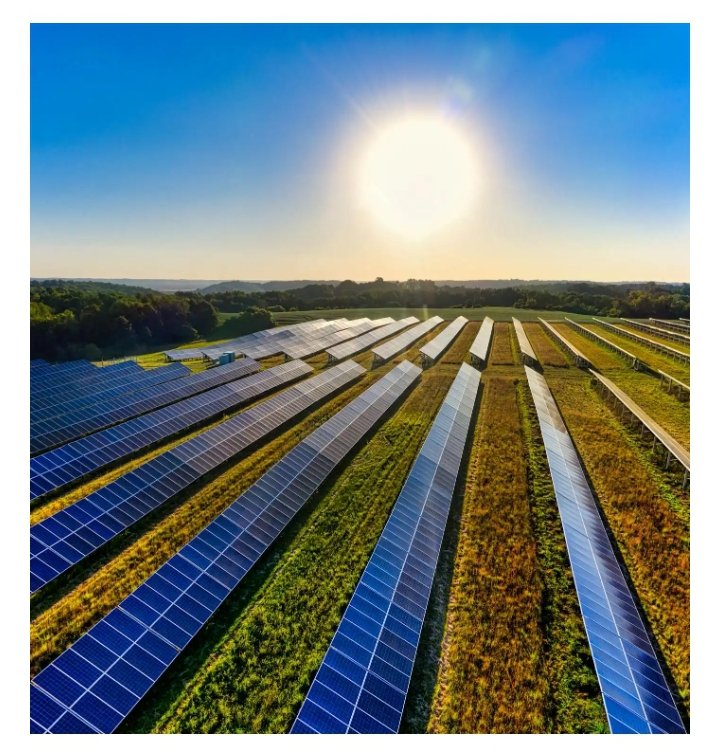In a country like Nigeria, where energy challenges continue to hinder growth and development, solar energy presents an untapped goldmine. As one of the sunniest regions in the world, Nigeria has the potential to generate abundant clean energy to power homes, businesses, and industries. However, despite this immense potential, solar energy remains underutilized, and the nation continues to grapple with an unstable power supply and reliance on fossil fuels.
Nigeria’s energy woes are no secret. For decades, erratic power supply and the high cost of alternative energy sources, such as generators, have crippled productivity and innovation. Small businesses, which are the backbone of the economy, suffer the most as they are forced to spend a significant portion of their revenue on fueling generators. For households, the struggle for consistent electricity often leads to financial strain, limiting opportunities for development and quality of life.
Solar energy offers a sustainable and cost-effective solution to this crisis. With an average of 6–8 hours of daily sunlight across the country, harnessing solar power can reduce the dependence on fossil fuels and significantly cut energy costs in the long run. Advances in solar technology have made it more affordable and efficient, making it an ideal solution for individuals, businesses, and even entire communities.
Over the years, there has been an increasing interest in solar energy, with more Nigerians turning to solar installations to meet their energy needs. Companies and individuals are now offering solar installation and maintenance services to help bridge the energy gap. For example, I have been actively involved in providing solar solutions to businesses and households, ensuring they have a reliable, eco-friendly source of power. The feedback from clients has been overwhelmingly positive, with many noting the long-term savings and the convenience of uninterrupted electricity.
However, solar energy also comes with it challenges. The cost of getting it installed comes as the first challenge, getting professional technicians for maintenance is equally one of the problem.
The potential of solar energy goes beyond powering homes and businesses. It can play a significant role in driving rural electrification, where the national grid often fails to reach. By installing mini solar grids in rural areas, entire communities can gain access to electricity, transforming their lives and boosting local economies.
It is time for Nigeria to embrace the future of solar energy. Solar power is not just an alternative; it is the key to sustainable development. As citizens, we have a role to play in advocating for and investing in this game changing resource.
Thanks for stopping by @nsigo1 blog


